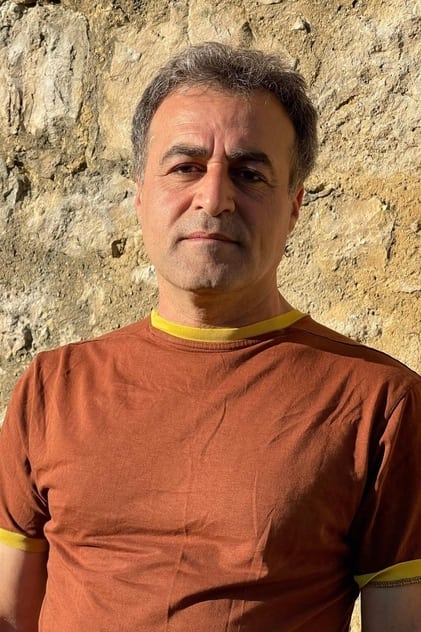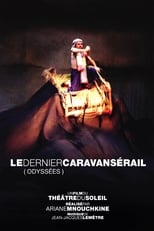

Sarkaw Hadi Ayze
Born: January 1, 1973
in Kurdistan
in Kurdistan
Sarkaw Hadi Ayze (born 1973) also known as Sarkaw Gorany or simply Sarkaw Hadi is an actor, writer, and director who has been working in theater since 1988. In 1995, with Shwan Atof, he was awarded the Best Actor Award at the Sulaimani Cultural Festival. He left Kurdistan in 1996. He now resides in France.
Movies for Sarkaw Hadi Ayze...

Title: Samba
Character: The Tunisian translator
Released: October 15, 2014
Type: Movie
Samba migrated to France 10 years ago from Senegal, and has since been plugging away at various lowly jobs. Alice is a senior executive who has recently undergone a burnout. Both struggle to get out of their dead-end lives. Samba's willing to do whatever it takes to get working papers, while Alice tries to get her life back on track until fate draws them together.


Title: Macho and His Lur Lady
Character: Lur Khanm
Released: March 21, 2014
Type: Movie
Macho shows concerns about his wife cheating on him by live streaming herself nude while spreading the fact that Macho is a mysoginist.


Title: Macho and His Lur Lady
Character: Macho Salar
Released: March 21, 2014
Type: Movie
Macho shows concerns about his wife cheating on him by live streaming herself nude while spreading the fact that Macho is a mysoginist.


Title: Le dernier caravansérail (Odyssées)
Released: November 22, 2006
Type: Movie
Le Dernier Caravanserail (Odyssées) is a series of stories, scraps of destinies, bits of the lives of men and women – of those "refugees", "illegals" and "migrants" who term themselves, with greater dignity, "travellers". This is a veritable ocean of time-battered odysseys, sometimes heroic, sometimes commonplace, and always dramatic. Initially a work for the theatre, Le Dernier Caravanserail (Odyssées) is now a film. A whole new artistic adventure using the cinema to bring even greater depth to the virtually inexhaustible original material, and intended above all to keep the promise made to those whose stories we are telling: to give them a hearing.
